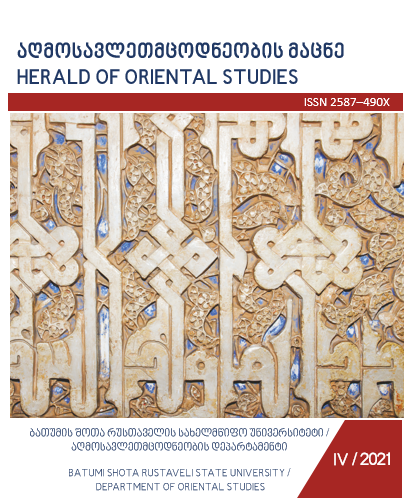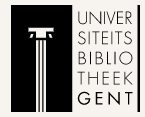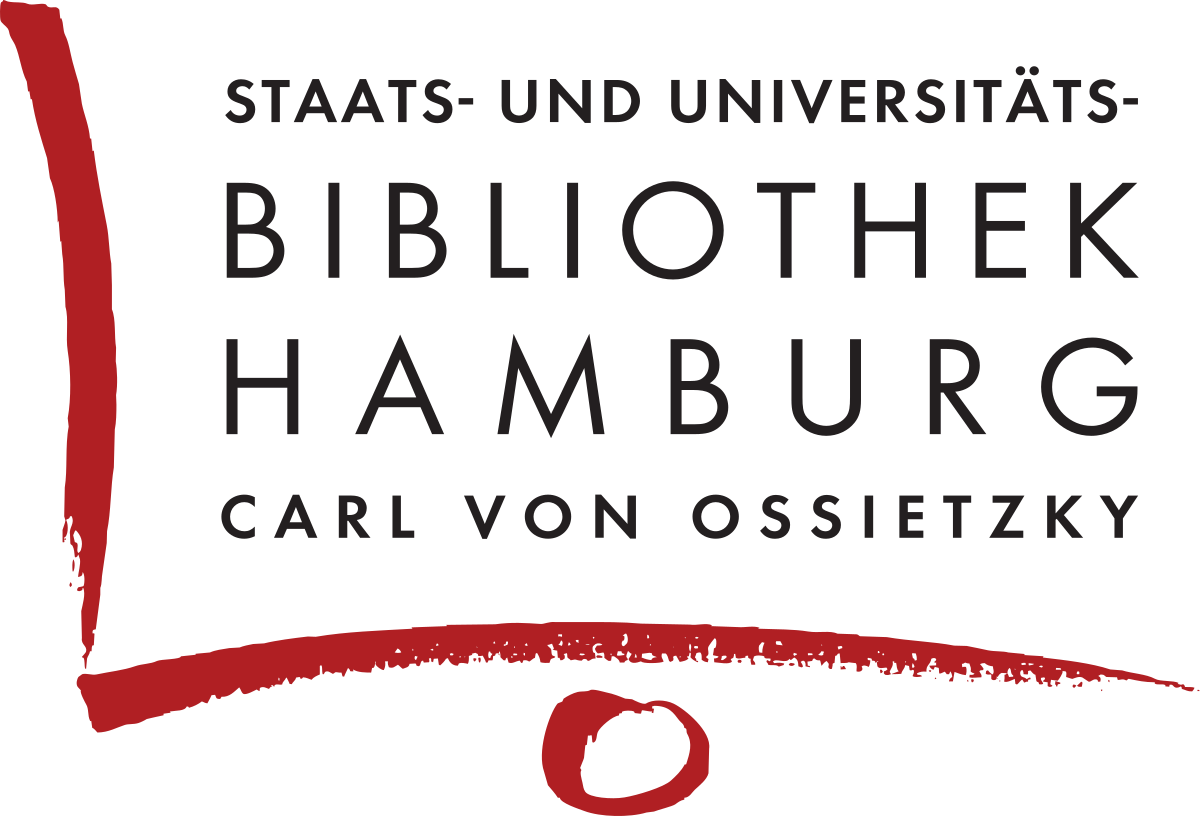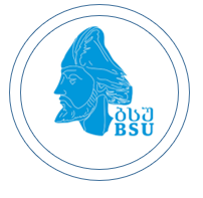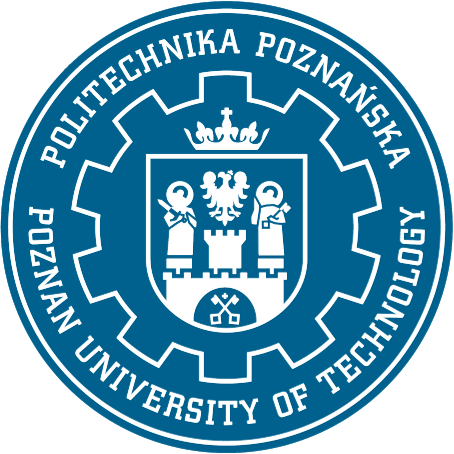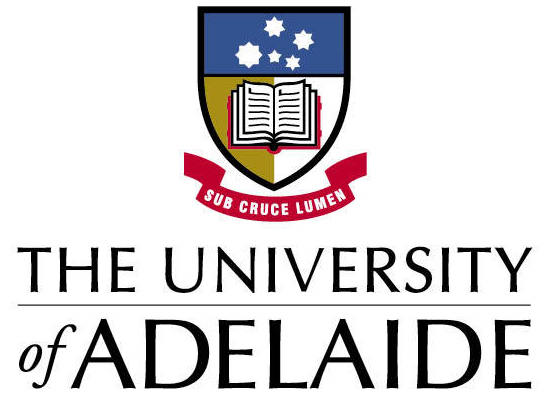ქართველები ჩინეთში XX საუკუნის პირველ ნახევარში
DOI:
https://doi.org/10.48614/hos.4.2021.92-115საკვანძო სიტყვები:
ქართველები ჩინეთში, ხარპინი, საქართველოს დემოკრატიული რესპუბლიკა, კომინტერნიანოტაცია
საუკუნეთა განმავლობაში საქართველოდან ნებით თუ ძალით წასული მოქალაქეები, მნიშვნელოვან როლს თამაშობდნენ ევრაზიის ტერიტორიაზე არსებულ სხვადასხვა სახელმწიფოებში, როგორც სამხედრო, პოლიტიკური თუ ეკონომიკური კუთხით. ამ მხრივ გამონაკლისი არც შორეული აღმოსავლეთი იყო, სადაც სხვადასხვა პერიოდში ქართველები ჩართულნი იყვნენ პოლიტიკურ და ეკონომიკურ პროცესებში და დიდი გავლენითაც სარგებლობდნენ.
დანამდვილებით არავინ იცის თუ როდის და რა პირობებში მოხვდა შორეულ ჩინეთში პირველი ქართველი, თუმცა პირველი სათვისტომოს გაჩენა მეცხრამეტე საუკუნის მეორე ნახევარსა და ქალაქ ხარპინს უკავშირდება. პოლიტიკური და ეკონომიკური ფაქტორების გამო, შორეულ აღმოსავლეთში რუსეთის იმპერიის სხვადასხვა წერტილიდან იქ თავი მოიყარა სხვადასხვა ეთნიკურმა ჯგუფმა, მათ შორის ქართველებმაც. ქართული სათვისტომოს შესახებ ცნობები და საარქივო მასალები მეტნაკლებად ადრეც არსებობდა, თუმცა კვლევამ ბევრ ახალი ფაქტი გახადა ცნობილი, რომელიც უფრო ფართო სურათს ქმნის თუ რას და როგორ საქმიანობდა ქართული სათვისტომო აღმოსავლეთში. ქართული, ჩინური და რუსული წყაროების შედარებით დადგინდა რომ ხარპინის ქართველი მაცხოვრებლები ჩართული იყვნენ როგორც ეკონომიკურ და სამეწარმეო საქმიანობაში, ისინი აქტიურ მონაწილეობას იღებდნენ როგორც ადგილობრივ პოლიტიკურ პროცესებში, ასევე კავშირში იყვნენ საქართველო დემოკრატიულ რესპუბლიკასთანაც.
კიდევ ერთი ქართველი, რომელმაც საინტერესო კვალი დატოვა ჩინეთის პოლიტიკურ ცხოვრებაში იყო კომინტერნის წევრი ბესარიონ ლომინაძე. 1927 წელს დასრულდა სამწლიანი ეროვნული თანხმობა კომუნისტურ და ნაციონალისტურ პარტიას შორის და მათ შორის ანტაგონიზმი კიდევ უფრო გაიზარდა. სწორედ ამ პერიოდში კრემლმა ინსტრუქტაჟისთვის მიავლინა კომინტერნის ახალი დელეგაცია ბესარიონ ლომინაძისა და ჰეინც ნეუმანის ხელმძღვანელობით. კომინტერნის მეცადინეობით კომპარტიის ყრილობაზე პარტიის თავმჯდომარის თანამდებობიდან გადააყენეს ჩენ ტუსიოუ და აირჩიეს ახალი პოლიტბიურო. მეტიც, ლომინაძისა და ნეუმანის ჩართულობით ახალგაზრდა მაო ძედუნი დროებით წევრად შევიდა პოლიტბიუროში, რითითაც მისი გავლენა საგრძნობლად გაიზარდა. კომინტერნის საქმიანობა მხოლოდ ამით არ შემოიფარგლა, მათ რეკომენდაციები გასცეს შეიარაღებული წინააღმდეგობის დაწყებასა და ადგილობრივ აჯანყებებზე, რომლის წარუმატებლობაც გარკვეულწილად გახდა დამოკლეს მახვილი ლომინაძის თავზე.
კიდევ ერთი ქართველი ბოლშევიკი, რომელიც ჩინეთის სამოქალაქო ომში კრემლის უშუალო წარმომადგენელი იყო ალექსანდრე (ალიოშა) სვანიძე გახლდათ. სვანიძე სტალინის პირველი ცოლის ძმა იყო, რომელიც სხვადასხვა დროს გავლენიან თანამდებობს იკავებდა. 1934 წელს როგორც სახელმწიფო ბანკის წარმომადგენელი და დესპანი, სვანიძე სინძიანგში ჩადის და იქაურ სამხედრო მმართველს შენგ შიცაის რეგიონის ეკონომიკურ, ფინანსურ და სამხედრო მოდერნიზებაში დირექტივებს აძლევს. სვანიძე რეგიონში გარკვეული პერიოდი რჩება და ორგანიზაციულ საკითხებს კურირებს, რის გამოც არაერთი ვერბალური თუ წერილობითი მადლობა მიიღო ადგილობრივი მმართველებისგან.
ქართულ აკადემიაში ზემოთხსენებული ეპიზოდები ფაქტობრივად არ არის შესწავლილი, არადა სვანიძეც და ლომინაძეც საკმაოდ მნიშვნელოვან როლს თამაშობენ ადგილობრივ პროცესებში როგორც საბჭოთა კავშირის წარმომადგენლები. კვლევა პირველი მცდელობაა, თავი მოუყაროს ქართველების ჩართულობას ჩინეთის პოლიტიკურ და ეკონომიკურ პროცესებში მეოცე საუკუნის პირველ ნახევარში, აღწეროს მათი პიროვნული და პროფესიული როლი ჩინეთის სამოქალაქო ცხოვრებაში. კვლევა ეფუძნება ქართულ, ინგლისურ, რუსულ და ჩინურ წყაროებს, რაც ერთიანობაში ფართო სურათს იძლევა და ფაქტების გადამოწმებას შესაძლებელს ხდის.
Downloads
ჩამოტვირთვები
გამოქვეყნებული
როგორ უნდა ციტირება
გამოცემა
სექცია
ლიცენზია

ეს ნამუშევარი ლიცენზირებულია Creative Commons Attribution-ShareAlike 4.0 საერთაშორისო ლიცენზიით .

